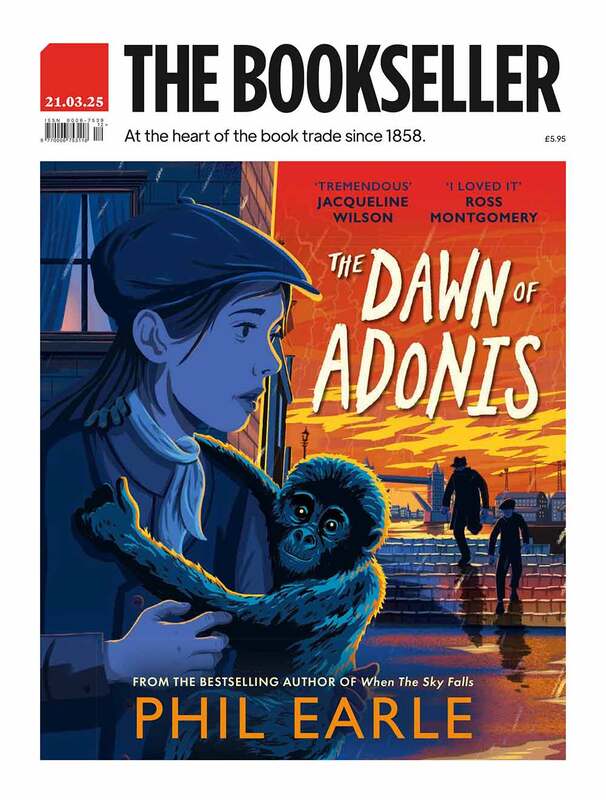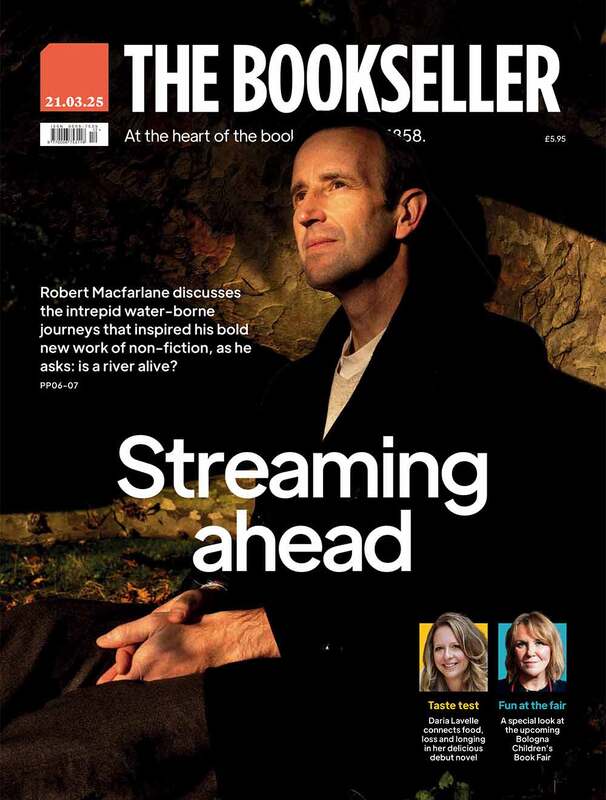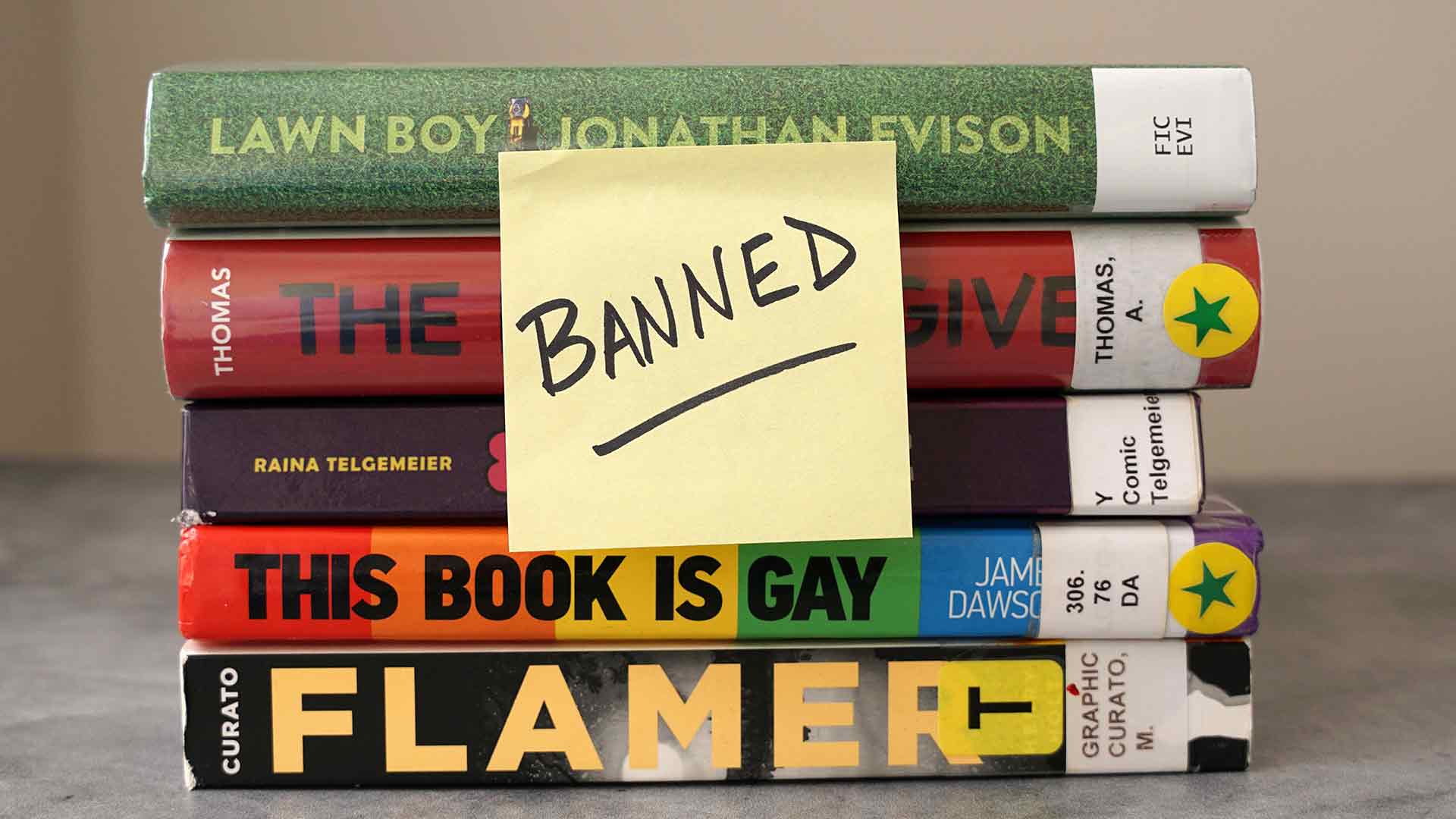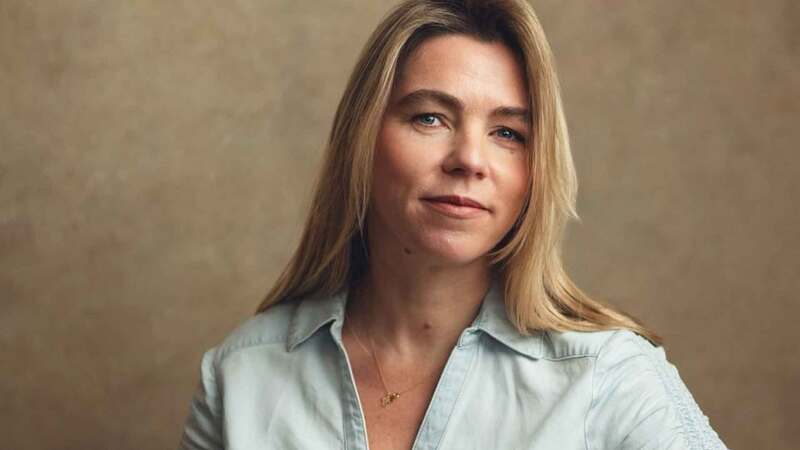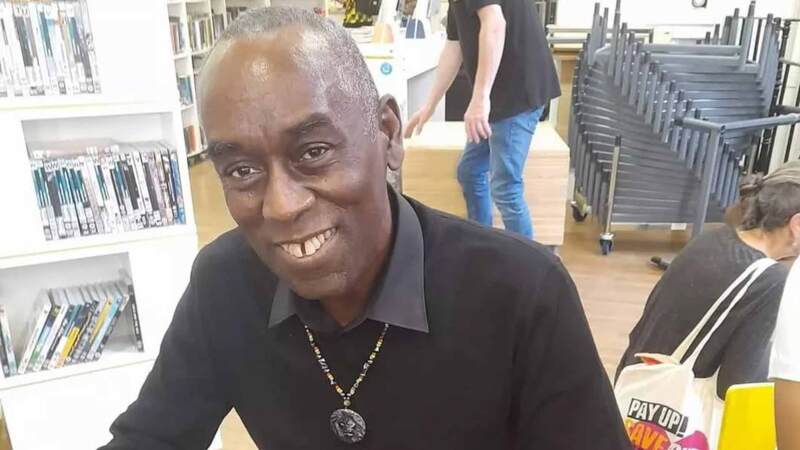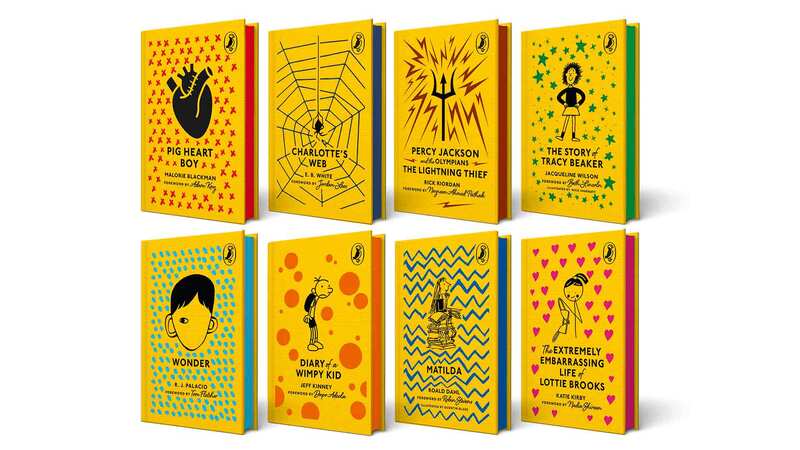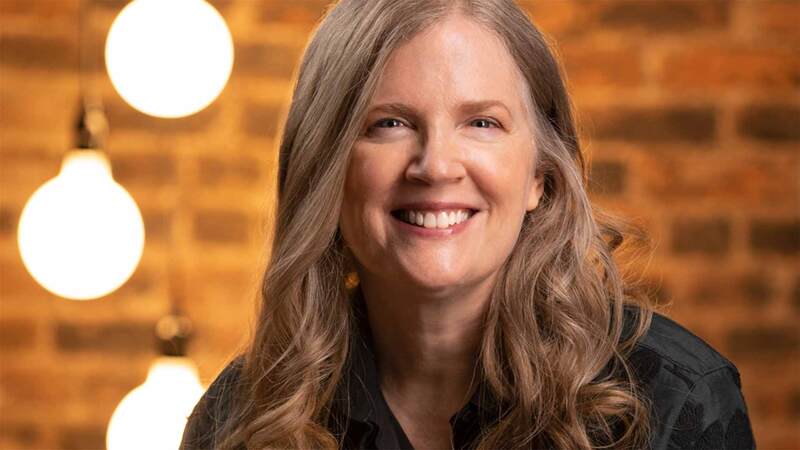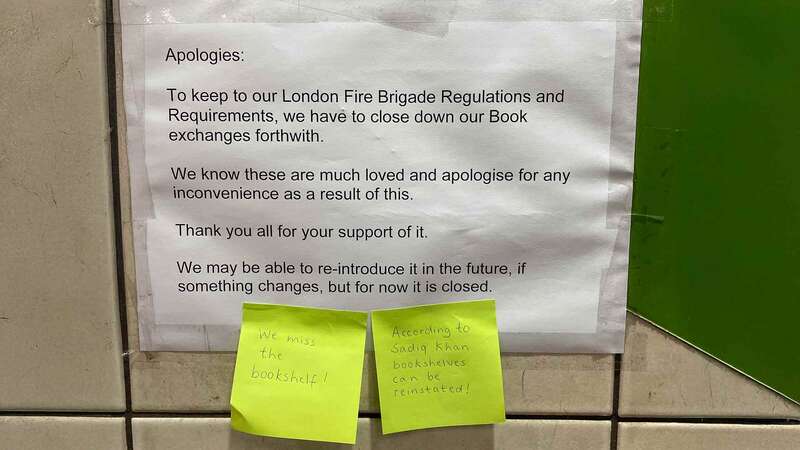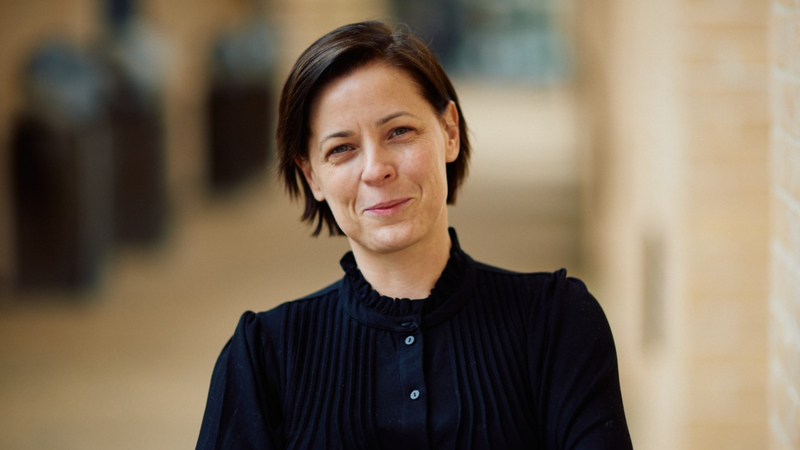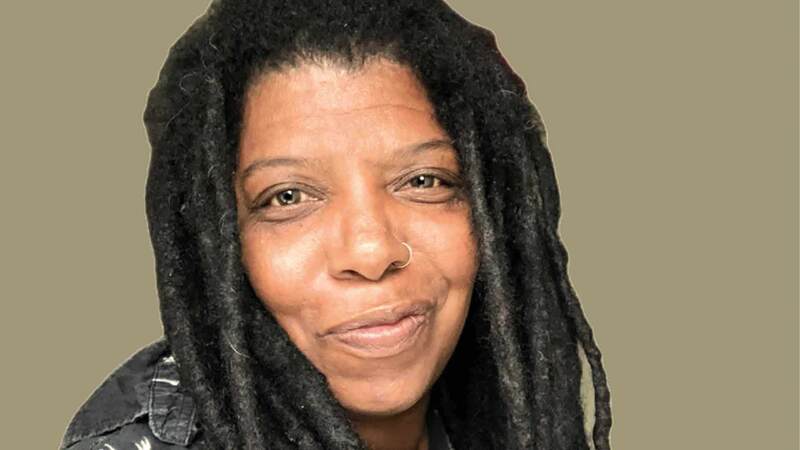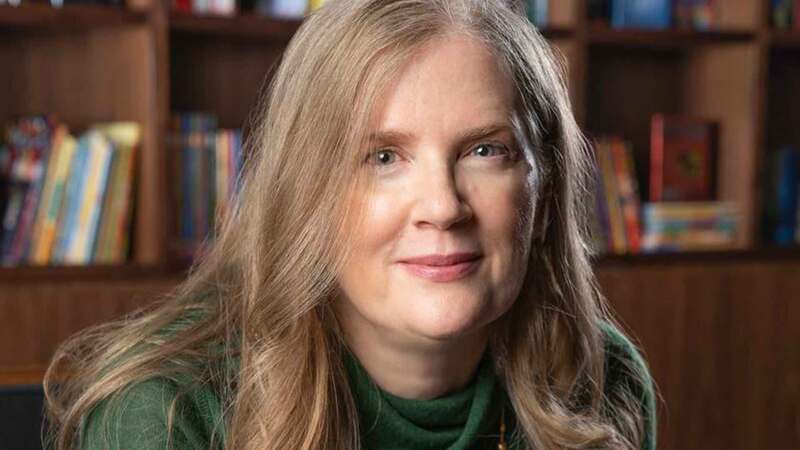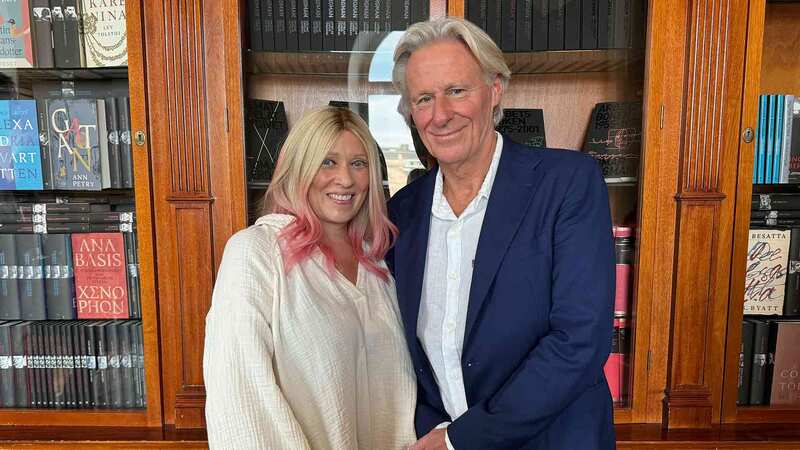You are viewing your 1 free article this month. Login to read more articles.
Buy banned books
Freedom of speech looks unlikely to improve in 2025. We must all do our bit.
Editorial cartoonist Ann Telnaes just resigned from her position at the Washington Post after a drawing was unilaterally rejected by the newspaper. The cartoon, which shows Jeff Bezos and other tech gurus bowing before a gigantic statue of Donald Trump, was apparently considered too controversial for publication. Cartoonists have always been at the forefront of freedom of speech; but the case of Telnaes is not reassuring for what is to come in 2025.
2024 was a bleak year for writers, journalists and all those whose jobs consist of discussing ideas. Numbers show a steady increase in censorship over the last few years; one reliable indicator is the American Library Association’s yearly report on challenged books. In 2023, Maia Kobabe’s comic book Gender Queer: A Memoir was challenged 106 times. This means 106 libraries were asked to remove the book from their shelves, as the content was considered offensive. An autobiographic comic book, Gender Queer tells the true story of a girl who discovers that she identifies as non-binary. I personally found the book a bit dull, but apparently that’s just me: some people were so upset by its sheer existence, they found it worth spending hours trying to ban the book from public libraries. This may look like an anecdotal case involving a few obsessional conservatives, but banning books is never benign. As Heinrich Heine said: "Where you burn books, you end up burning people."
Great minds think alike, especially those obsessed with censorship
Having your books banned or destroyed, however, is nowhere near the worst that can happen to writers these days. In 2023, Dmitry Glukhovsky, author of worldwide bestseller Metro 2033 (Have you read it? Read it now. It’s mind blowing), was sentenced to 15 years in prison by Russian courts. His crime: speaking out against the war in Ukraine. Glukhovsky, who had moved to Western Europe before he was convicted, is no longer welcome in his home country. Authoritarian regimes offer writers a choice between self-censorship, exile and prison.
And not all of them are able to escape their sentence by finding refuge abroad. The latest example is French-Algerian writer Boualem Sansal, who has been incarcerated since November 2024 for political activism. In Iran, writer, journalist and Nobel Prize-winner Narges Mohammadi has now spent a total of 26 years in prison. As she suffers from serious health issues, Iranian authorities repeatedly offered to take her to hospital, if only she would wear a headscarf. She refused. While she has been walking free since December 2024, she is liable to be arrested again at any moment. She makes use of her freedom by giving out interviews, including one with Margaret Atwood – whose book The Handmaid’s Tale, as it happens, was repeatedly banned in the US in 2024. Great minds think alike, especially those obsessed with censorship.
There are those who will say that, after all, maybe these writers and artists simply went too far. It is particularly striking in the case of Sansal. His incarceration sparked widespread outrage in intellectual circles, but some argued that, while imprisoning people is wrong, Sansal really should have avoided saying certain things. The trouble is, in authoritarian regimes, the cursor of things that should be left unsaid can be moved until nothing but silence is allowed. In modern-day Russia, "anything at all can be labelled as propaganda".
It is a striking coincidence that Telnaes should resign on the 10th anniversary of the Charlie Hebdo killings. After all these years, not only have things not improved; they have clearly worsened, and it looks like censorship is threatening almost every field of literary and artistic creation. Even a cartoon as benign as Telnae’s, which can hardly be suspected of hurting anyone’s feelings (except maybe Mickey Mouse’s), is labelled as dangerously edgy. Censorship is now something we take into account when expressing ourselves, no matter how unconsciously.
It is unlikely 2025 will be the year freedom of speech hits back. But, as the situation worsens for artists and writers, there is no shortage of courageous intellectuals who are unafraid of standing their ground no matter what. From Narges Mohammadi to Dmitry Glukhovsky, and from Maria Ressa to Margaret Atwood, they show us how to renounce self-censorship and stop fearing those in power. In an increasingly crappy world, we find hope in their courage.
Your New Year resolution as a writer: be unapologetically free. As a reader: buy banned books.
Reading list
The Handmaid’s Tale by Margaret Atwood
Metro 2033 by Dmitry Glukhovsky,
Gender Queer: A Memoir by Maia Kobabe
Disturbance: Surviving Charlie Hebdo by Philippe Lançon
White Torture: Interviews with Iranian women prisoners by Narges Mohammadi
How to Stand Up to a Dictator by Maria Ressa
The Satanic Verses by Salman Rushdie
An Unfinished Business by Boualem Sansal
Humor’s Edge: Cartoons by Ann Telnaes


